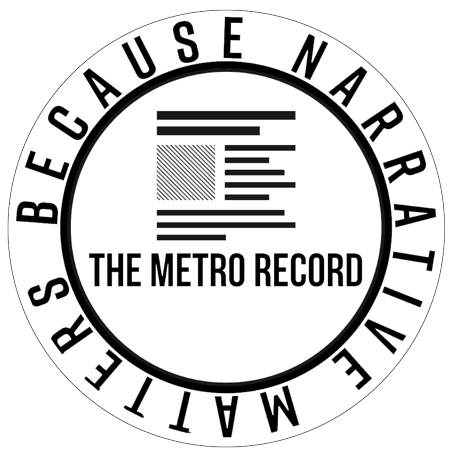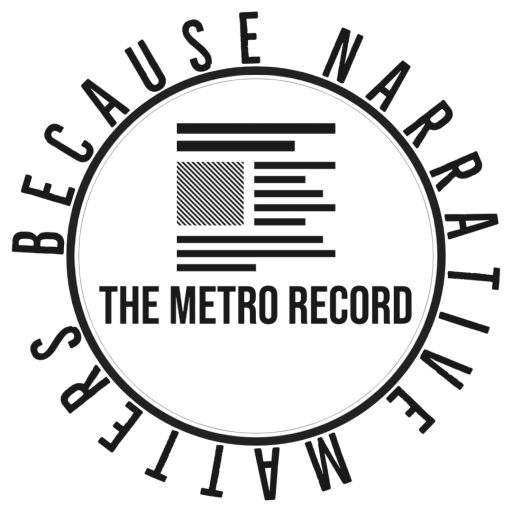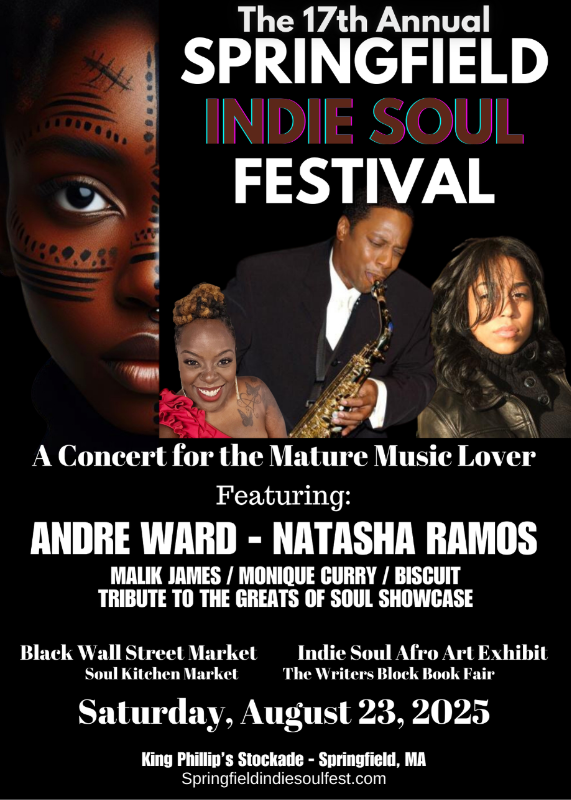By The Metro Record
First things first: the fact that we are still defining ourselves in 2025 is not a failure. It is a necessity. Because for too long, others have been all too eager to define us. So let’s set the scene: Two terms. Two movements. One people trying to find clarity in an America that still sees Blackness as a monolith.
On one side, we have Foundational Black American (FBA) — a lineage-based designation championed by voices like Tariq Nasheed. It describes Black Americans who are the descendants of those who survived the chattel slavery system in the United States and helped build the nation from its foundation.
On the other, we have Soulaan, a term introduced by creators T-Roy Parks, Maroc Wallace, and Dwayne Coleman. It’s a cultural and ethnic identifier that aims to specify a unique, indigenous ethnogenesis tied to pre- and post-colonial existence in North America.
Now, before the Twitter fingers get to clacking, let’s be clear: both of these labels are born from the same place — frustration with being flattened, mislabeled, and misrepresented. But how they go about solving that problem? That’s where the conversation gets messy.
FBA: Legacy, Structure, and Lineage
Pros:
- It centers the legacy of American slavery and the economic, political, and cultural foundations built by Black Americans.
- The term has a clear lineage requirement — you either descend from U.S. slavery or you don’t. That clarity gives it power.
- The FBA movement has spawned organizational efforts: community projects, advocacy campaigns, even flags that honor the Maroon legacy.
Cons:
- It has become heavily politicized. FBA discussions often come with heated debates around immigration, pan-Africanism, and who gets to claim Blackness in America.
- The rhetoric around exclusion can alienate allies or create unnecessary fractures within the broader Black diaspora.
- Critics argue that FBA has at times veered into nativist or gatekeeping territory.
Soulaan: Culture, Identity, and Ethnogenesis
Pros:
- Soulaan offers a cultural identity that transcends race. It acknowledges the amalgamation of Native, African, and European ancestry.
- It pushes back against the flattening term “Black,” offering a self-defined ethnicity rooted in both struggle and cultural innovation.
- The movement is young, digital-native, and flexible. It is driven by creators actively engaging audiences through social media, interviews, and grassroots storytelling.
Cons:
- Soulaan, too, runs the risk of alienating other melanated people by emphasizing that not all “Black” people in America are the same.
- The term is relatively new. It lacks the historical traction and recognition that FBA carries in public discourse.
- The language of “we were already here” and de-centering Africa may confuse or concern those who see the African diaspora as a collective identity.
So What Are We Really Fighting For?
Here’s the uncomfortable truth: This isn’t just a battle over words. It’s a battle over power. If you can name yourself, you can claim your history. And if you can claim your history, you can make demands based on it. Reparations. Land. Representation. Education.
The stakes are not just cultural; they are economic, political, and generational.
So which is better: FBA or Soulaan?
That’s the wrong question.
The right one is: What are we trying to protect, preserve, and build with these terms?
If FBA builds the case for reparations based on lineage, and Soulaan builds cultural continuity based on identity and ethnogenesis, then maybe, just maybe, there’s space for both. Maybe one speaks to the state, and the other speaks to the soul.
Because what matters more than any acronym is that we’re finally insisting on defining ourselves. Loudly. Publicly. On our own terms.
We’ve been called everything under the sun. Now it’s our turn to call ourselves what we are. And whatever that label is, it must reflect more than survival. It must reflect sovereignty.
And sovereignty starts with a name.
Let the dialogue continue. Let the definitions evolve. But let no one define us for us ever again.
Follow @TheMetroRecord for more on Black American identity, culture, and legacy.





